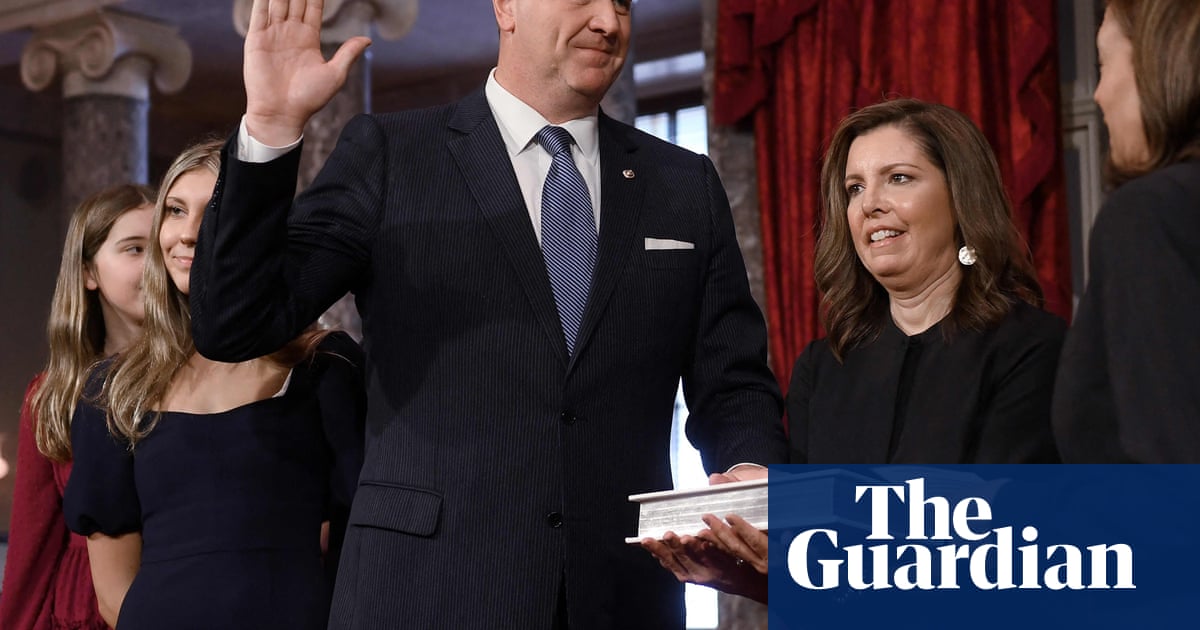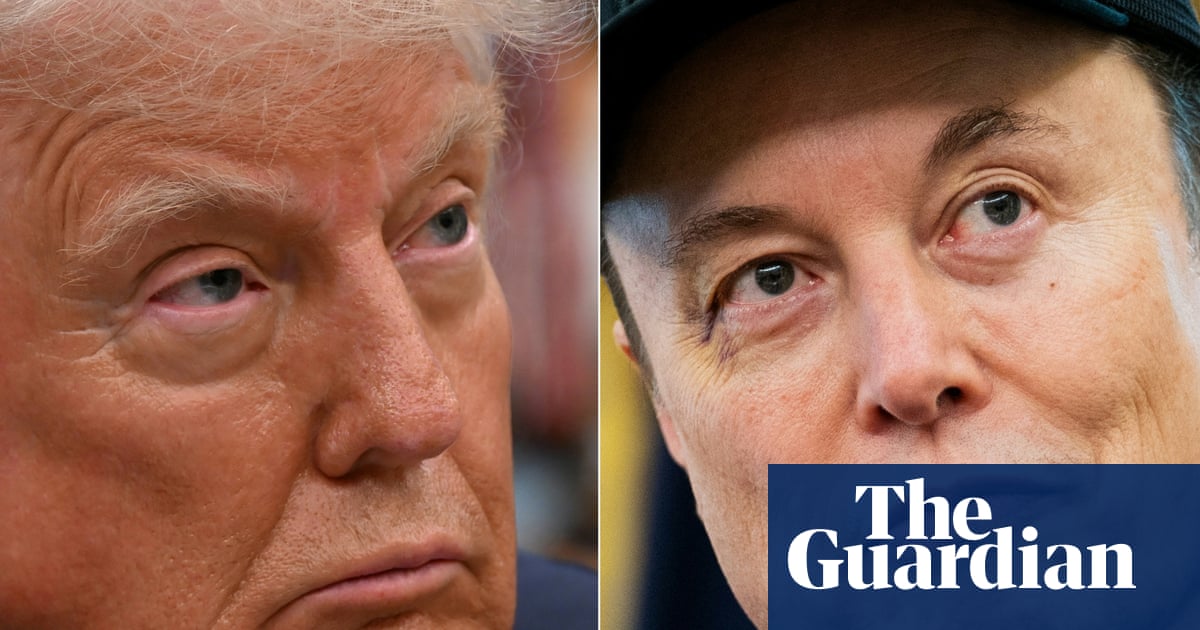The US will cut the “de minimis” tariff for low-value shipments from China to as low as 30%, according to a White House executive order and industry experts, further de-escalating a potentially damaging trade war between the world’s two largest economies.
The order published late on Monday offers some relief to big Chinese e-commerce players Shein and Temu and follows a weekend deal between Beijing and Washington to unwind for 90 days most of the tit-for-tat tariffs imposed on each other’s goods since early April.
While their joint statement after talks in Geneva did not mention the de minimis duties, the order signed by Donald Trump said levies for those direct-to-consumer postal shipments will be reduced to 54% from 120% for items valued at up to $800, starting on Wednesday. An alternative flat fee of $100 per postal package remains in effect, but a planned 1 June increase to $200 was cancelled.
There are different rules for packages handled by commercial delivery firms such as UPS, FedEx and DHL, which shipped millions of Shein and Temu packages before Trump ended duty-free status for Chinese shipments valued less than $800.
The rate for those packages now defaults to the reduced US tariff rate of 30% from 145% for Chinese imports, two delivery experts told Reuters on condition of anonymity for fear of retribution.
The 30% rate reflects the Trump administration’s decision to cut China’s “reciprocal” duty rate to 10% from 145%, plus a separate 20% duty related to the US fentanyl crisis.
The White House and the US trade representative’s office did not immediately respond to a request for clarification.
The trade representative, Jamieson Greer, told CNBC on Tuesday that the 10% global duty rate would probably remain in place to help rebuild the US manufacturing base.
Commercial shippers generally collect duties from sellers in China prior to shipment, but the US Postal Service is not set up to handle tariff collections. Four sources told Reuters most Temu and Shein shipments are handled by commercial carriers.
China exported $240bn in direct-to-consumer goods benefiting from de minimis worldwide last year, accounting for 7% of its overseas sales and contributing 1.3% of gross domestic product, according to Nomura estimates.
Jianlong Hu, CEO of Brands Factory, a Chinese cross-border e-commerce consultancy, said a 54% tariff was still very high.
“Sellers are probably taking a wait-and-see approach but in general I think it’s fair to say the boom times of small package delivery from China to the US, the golden age is already gone.”

 German (DE)
German (DE)  English (US)
English (US)  Spanish (ES)
Spanish (ES)  French (FR)
French (FR)  Hindi (IN)
Hindi (IN)  Italian (IT)
Italian (IT)  Russian (RU)
Russian (RU)  3 weeks ago
3 weeks ago
























Comments